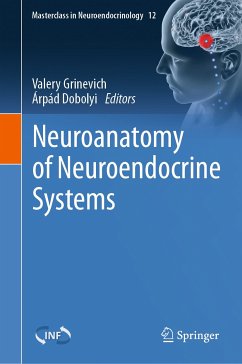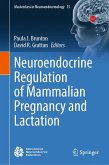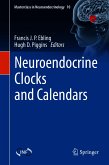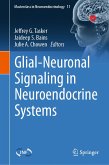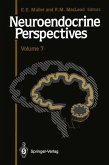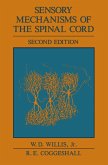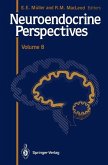The book begins with an extensive discussion on the structural components of the neuroendocrine systems. The reader will be introduced to the anatomy and biology of the hypothalamus and the pituitary. The human hypothalamus is presented in particular detail using state-of-the-art imaging techniques. In the next section, the neuroanatomy of traditional hypothalamo-hypophyseal systems is highlighted, with chapters describing magnocellular neuroendocrine cells and discussing the respective types of hypothalamic neurons that regulate various pituitary hormones. Following this detailed structural and anatomical description of the neuroendocrine system, the book'sfinal section focuses on the hypothalamic control of neuroendocrine functions. This includes the control of circadian rhythm, metabolism and appetite via specific peptidergic circuits.
This book provides essential information on the neuroanatomy and control of neuroendocrine systems, addresses cutting-edge research questions posed by recent advances in the development of potent neuroanatomical tools, and highlights the latest technologies used in neuroendocrinology research, making it a valuable reference guide for students, trainees and established researchers alike.
This is the twelfth volume in the International Neuroendocrine Federation (INF) Masterclass in Neuroendocrinology series, which aimsto illustrate the highest standards and to encourage the use of the latest technologies in basic and clinical research and hopes to provide inspiration for further exploration into the exciting field of neuroendocrinology.
Chapter 12 is available open access under a Creative Commons Attribution 4.0 International License via link.springer.com
Dieser Download kann aus rechtlichen Gründen nur mit Rechnungsadresse in A, B, BG, CY, CZ, D, DK, EW, E, FIN, F, GR, HR, H, IRL, I, LT, L, LR, M, NL, PL, P, R, S, SLO, SK ausgeliefert werden.

